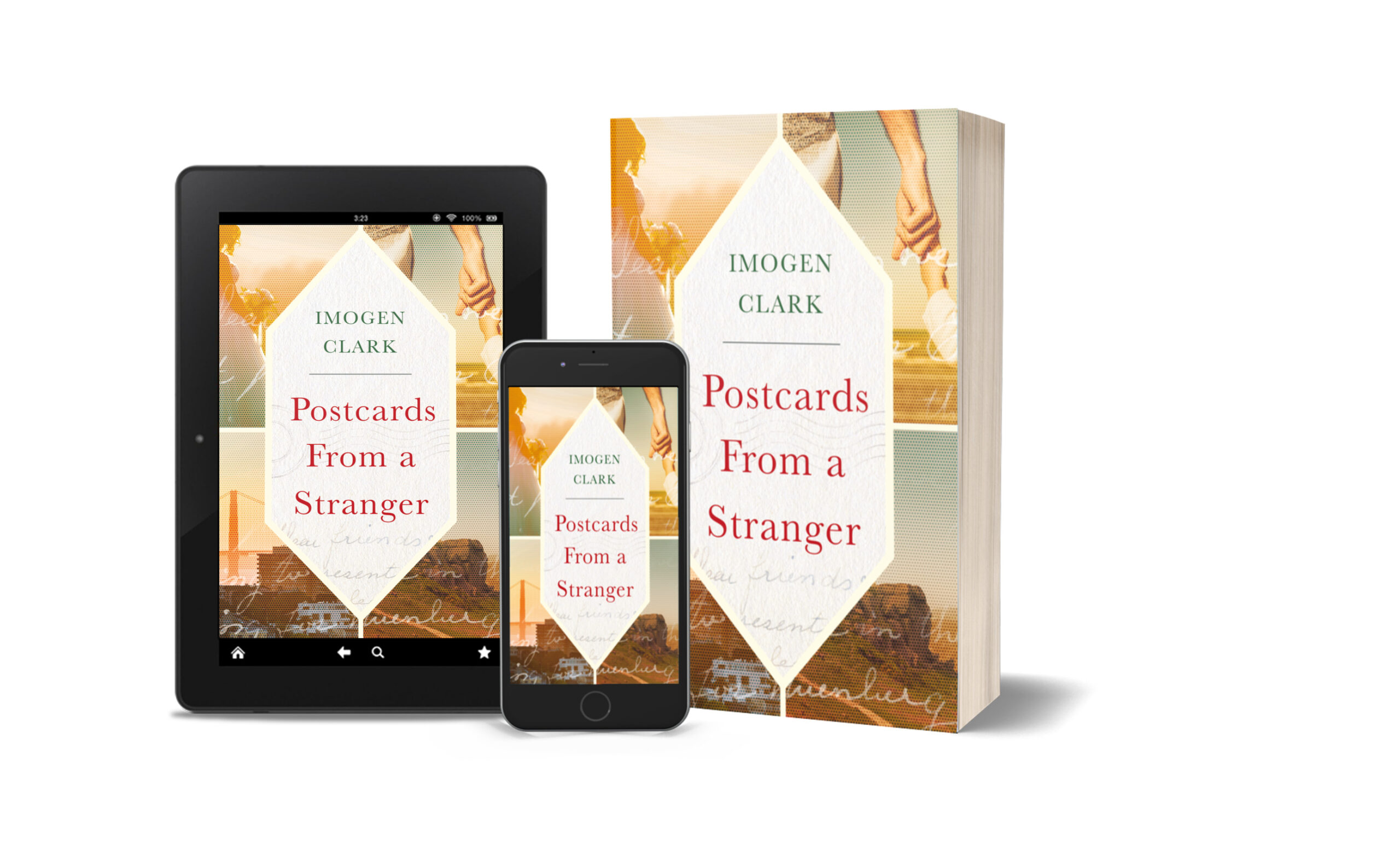“A teenager who led police on a 19-minute high-speed chase while his pregnant girlfriend screamed at him to stop has been locked up.”
Not my words but a sentence pilfered from my local rag. It’s not a great sentence, I’m sure you’ll agree and would have benefitted from a more judicial use of punctuation but it was the last four words that caught my attention. When did we start using such casual language in print? “Locked up”? Not “gaoled” or even “jailed” or “sent to prison” but “locked up”.
Using formal language is something that comes easily to me. I went to university where they teach you to write in an academic style without you really realising. Then I trained as a solicitor and passed many a year comically referring to myself in the third person. You know the kind of thing…We are concerned to note that your client appears to have flouted the terms of the confidentiality clause entered into with our client on the 14th of last month.
I know. It’s all a bit pompous and pleased with itself isn’t it and I don’t often have cause to construct sentences like that these days. My point is, however, that I could if I wanted to. Somehow, I seemed to have picked up what kind of language is appropriate for a particular situation.
This is something that we seem to be losing. Just listen to an average BBC news report and you’ll hear how casual expressions are becoming the norm. Spend time with children and notice how often ‘like’ is used in place of other, more appropriate words. I sometimes struggle to understand the meaning of what they are saying. Words that I thought I knew are employed to mean something else, sometimes the complete opposite of what I expect.
But is this a problem? Language evolves over time. It always has done. New words are born every day and that helps to keep English vibrant and exciting. However, I can’t help think that this shouldn’t be at the expense of established words and that if we slip into a ‘one size fits all’ kind of language that we will be losing something very special about our mother tongue.
The journalist who penned the offending sentence probably did it without giving it a second thought but I am left regretting the loss of my news being served to me using neutral, unsensationalised (is that actually a word?!) terminology.
But maybe it’s just me…..?






